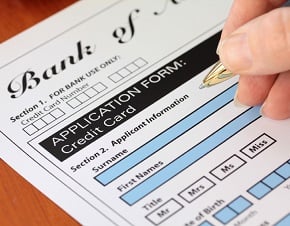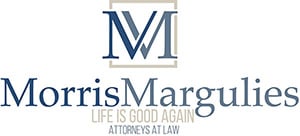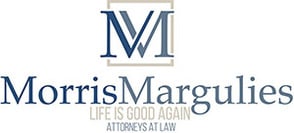Getting And Using Credit After Bankruptcy

After you receive your discharge you may receive many letters from potential lenders and credit card companies offering you credit. They may have gotten your name from going online on the bankruptcy court’s electronic system and finding out the date of your discharge along with your name and address. They want you to give you credit, not because you are so special, but because they know you cannot get a Chapter 7 discharge again for eight years, so if they loan you money or give you credit on a credit card, you must pay it back. The following is a list of 10 things to consider when accepting a credit card invitation and using it:
1. Make sure the credit limit is very low. You just received a discharge and do not want to get over your head in debt again. If the credit limit is very high, you may be tempted to make charges in amounts that will be very difficult to repay.
2. Make sure the interest rate is very low. You may be getting several solicitations both by mail and even by telephone asking you to apply for new credit. Ask what the interest rate on the credit will be. Do not be fooled by a low rate that will only apply for the first few months, this is what is called a “teaser” rate. If the rate is very low for the first few months, find out how much it will increase after the teaser rate expires. Choose the company that offers the lowest long term rate.
3. Find out what other charges besides interest are allowed. If you do not pay on time, the lender will charge you a late fee, find out how much it is. Also, there may be penalty fees for going over y our credit limit, find out how much those are. There may be additional finance charges or other types of fees the lender can tack on to your bill, find out what they are and how much each charge will cost you.
4. Find out about the grace period. You want to make sure that you are given enough time from the date that you receive the monthly bill to make the payment. If the grace period is only 15 days, you may get a bill and the payment is due the next day. If you send the payment by mail it may not get there in time to avoid the imposition of a late fee. You want to select a company that gives you at least two weeks from the time the bill arrives before the payment is due.
5. Do not pay the minimum amount due each month. If you pay the minimum amount due, your payment may not even be paying the interest on the outstanding balance, so that the balance will be higher next month even if you make no additional charges. The time it takes to repay the balance due will also be much longer if you only make the minimum payment. Under the new credit card law, lenders should be showing you how long it will take to repay the debt if you choose to make minimum payments.
6. Do not accept offers for credit protection or credit insurance. Credit card lenders may ask you to purchase credit protection, fraud protection, identity protection or even life insurance. You should not accept these offers. The cost for these services is usually much higher than what you could get through a reputable insurance company. Do not even accept a trial offer as you may forget to cancel the service after the trial date has expired and you will be billed for the service.
7. Always read the fine print. The credit card application may contain many provisions that are written in fine print. These provisions may contain important information and should be read carefully. For example, it may state that if there is a dispute with the company you agree to go to arbitration in a particular state. This state may be very far away from where you live and not be possible for you to participate in the arbitration. It may also include terms regarding the regular interest rate, a default interest rate or the late fees. If the fine print is too difficult for you to understand, call the company and ask for an explanation. If you do not like the fine print, do not return the credit card application.
8. Do not accept more than one or two credit cards. Having too many credit cards may lead you to make too many charges, and you may find yourself having difficulty repaying all the debts. If the credit cards are not being paid on time, your credit score will be lowered. Many stores offer their own credit cards and offer you a discount on your first purchase if you open a credit card with it. You should not accept these offers.
9. Do not take cash advances to make payments on the debt. In other words, “do not rob Peter to pay Paul.” This will only increase the total amount of your debt. If you cannot afford to pay the entire bill at the end of the month you need to realize that you may be living beyond your means and need to cut down on the expenses.
10. Cancel cards that are too costly. If you have more credit cards than you can afford, you can always cancel the cards. You will still be responsible for the outstanding balance, but you will not incur any new debt.

